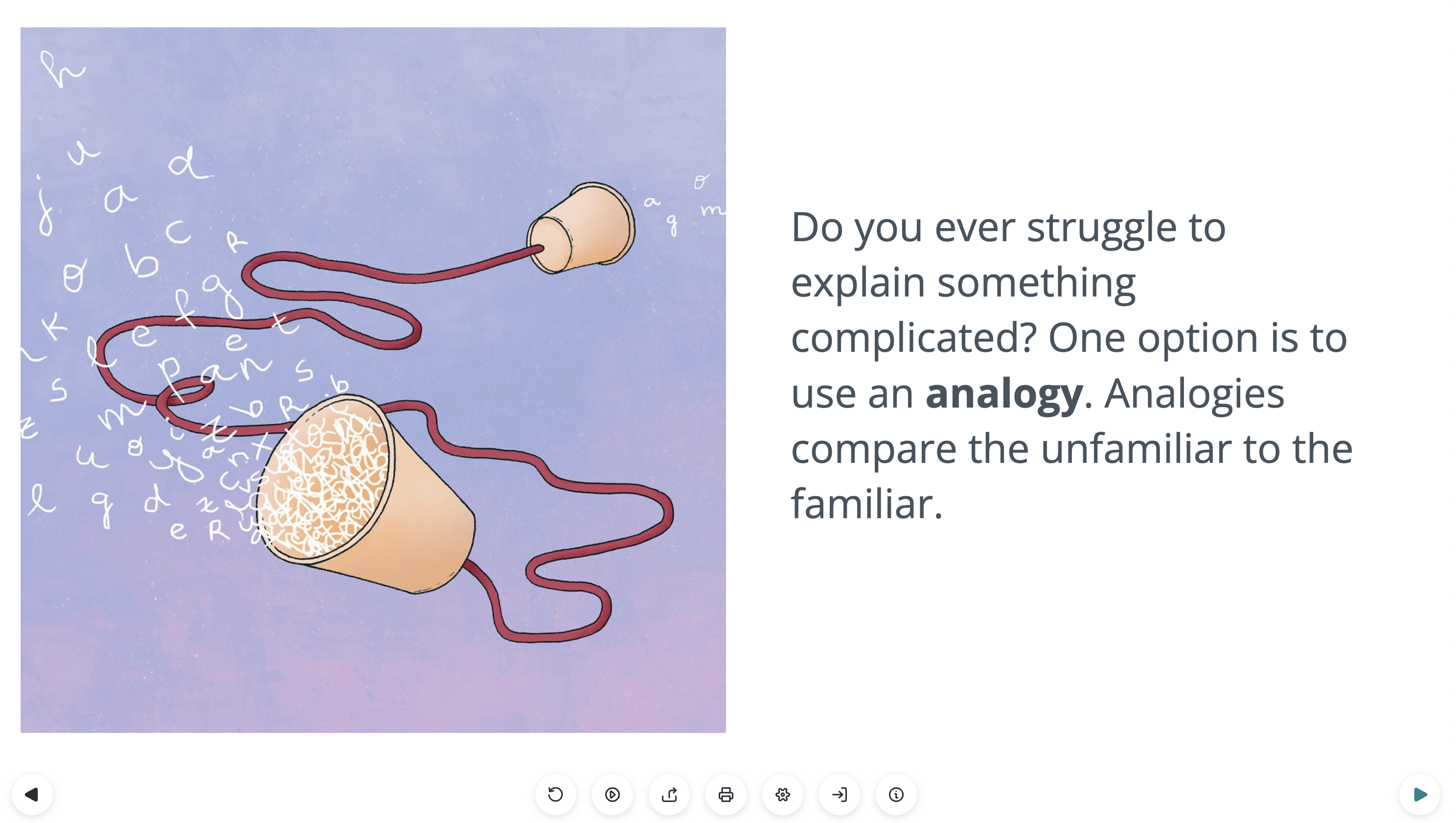I never thought I’d become a full-time science communicator.
Being a science lover from the age of 8, the love did not seem to fade away, which made me choose science or more precisely biology in all paths of my educational life. I became curious about microbes at the age of 15 and I became a microbiology graduate, and then biotechnology attracted me and I studied biotechnology as a postgraduate.

However, I still could not quench my thirst for science. On top of this, COVID 19 has blocked my journey in formal science learning. So I started searching and researching for something that would allow me to learn a new thing on my own, which eventually led me to the world of science communication.
Science communication led me to more questions like, how can I communicate science? Is science communication a growing field? How can I learn to communicate science? and many more. Although I was able to frame questions like a pro, it was more difficult to find the answers.
One good thought suddenly popped up my mind – Let me do PhD! And yet again I began a journey of researching the pros and cons of pursuing a doctorate. Through this, I gathered that that to be a successful researcher…
1) You need patience
2) You should be mentally strong
3) It’s best if you publish your papers in a good journal
4) You should communicate your research such that anyone can understand it
The last two points hit me hard. I knew little to nothing about publishing research. The little knowledge I had, I gained when I was doing my final year post-graduation research. So I decided that instead of doing a PhD immediately, I should learn more about publishing research!
I continued my voyage by searching for jobs with research journals or in academic publishing. Voila! I got a job as an editorial assistant in an international publishing sector that has a wide collection of scientific research journals in multiple fields. Here I am dealing with amazing research manuscripts from authors worldwide.
You might be wondering why, as a science person, I decided to get a job in publishing? The answer is very simple. If I want to communicate my research effectively some day, I should learn how to do it first!
I have learned many things in this job and I would also like to convey a few things to researchers who wish to publish their research papers:
- Find a good journal with a good impact factor. For this, you should know the basics of journal metrics, and how to calculate them.
- One of the common mistakes that authors make is that they do not read the scope of the journal and the journal’s author guidelines carefully enough. This makes the process of publishing slow. Read through all the nooks and corners of the journal’s guidelines!
- If possible, before you submit your research to any journal for publication, list out all of the possible journals related to your research and choose wisely. Many informative research papers get rejected due to the lack of relatedness of the paper to the journal.
All of these tasks can be tedious and frustrating. You may find yourself asking questions such as “Is this really worth it?” and “Why do I have to work so hard?“.
Now, my friend, if you really are into science, all of these hardships are more than worth it. I had and still get these questions, but let’s promise ourselves to not stop seeking and learning.
I chose to communicate science in the field of academic publishing. It has made me produce ideas, made me work my mind, and also led me to many things that I will be discussing in upcoming articles!




